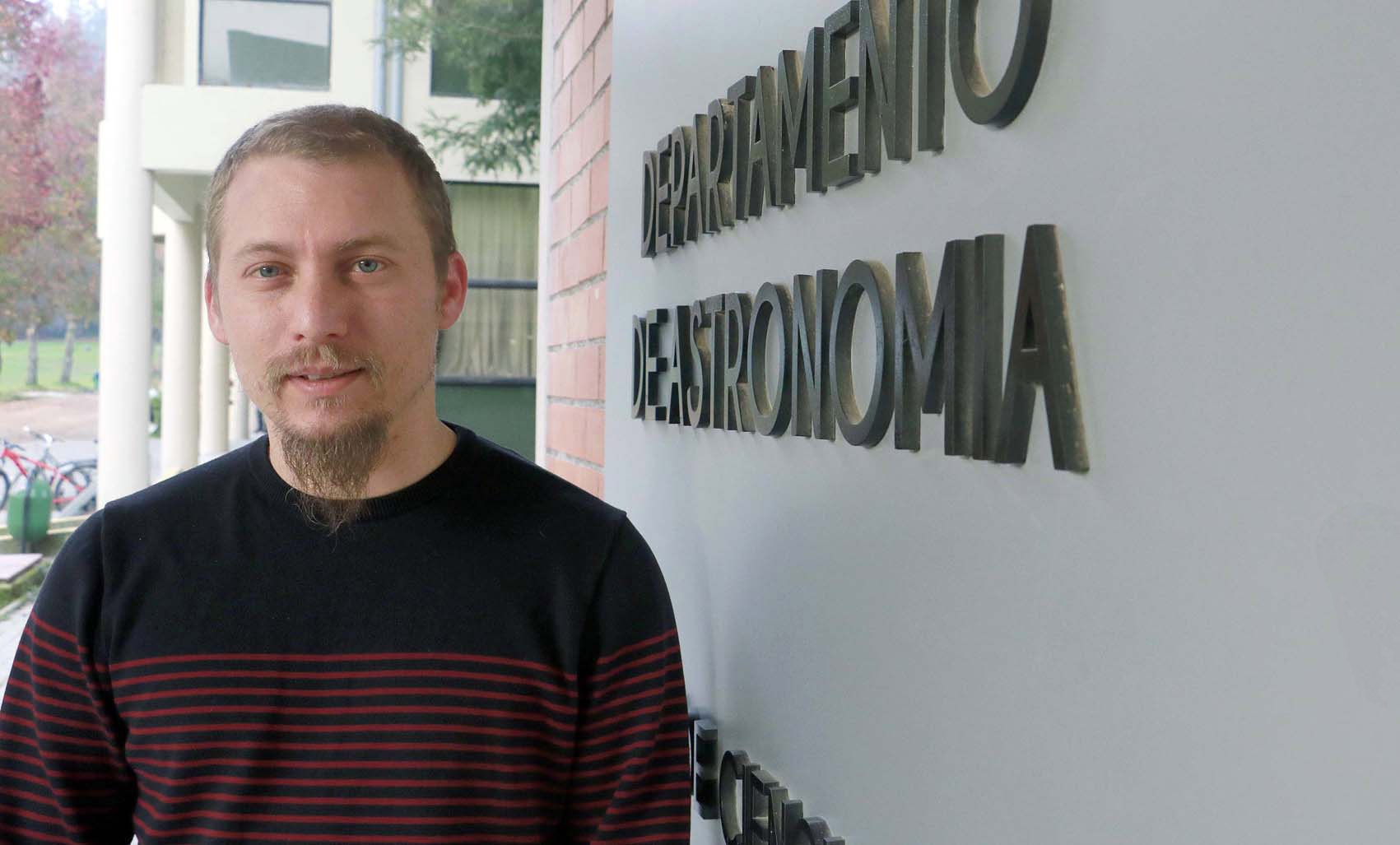Stefano Bovino
Professor of Astronomy, UdeC
Meritocracy, cooperation and common sense are three pillars of modern science and yet they generate contradictions and anguish. In the first case, there is an endless debate and very often it is not meritocracy that wins over other factors. Cooperation plays a fundamental role, and we learned this with giant collaborations such as the Event Horizon Telescope (which managed to publish the first image of a black hole) to name one of the most recent and successful. Meanwhile, common sense is something that needs a greater push to turn competitiveness into cooperation. In this context, it is interesting to see how in the past these topics have impacted the research of great scientists who have only received adequate recognition after decades.
In the early 1900s, in Europe, the discovery of radioactivity by Henri Becquerel and Pierre and Marie Curie has spread throughout the scientific community. It is already clear that some materials produce radiation, and most scientists believe that the high level of ionization in the atmosphere is caused by the decay of radioactive materials in the earth’s crust. In 1909 Theodor Wulf tried to measure this radiation from the top of the Eiffel Tower and Albert Gockel took risks with balloon flights reaching 3,000 meters high without achieving successful results.
In those years, a young Domenico Pacini thought of a new methodology to study this radiation. Pacini began to make measurements off the coast of Livorno, as well as in Lake Bracciano, on the surface and at the bottom of the lake. His studies concluded that it is not important how far one moves from the coast (or from the ground), the radiation does not decrease. In his first article published in 1911, he postulated that “not a small part of the penetrating radiation present in the air originates independently from the radioactive materials contained in the earth’s crust”, results that he himself corroborated in February 1912 and published in the Nuevo Cimento VI/3, Italian scientific journal.
Domenico Pacini pioneered the discovery of cosmic rays, high-energy charged particles (mostly protons and electrons) whose extraterrestrial origin was definitively confirmed by Victor Hess in August 1912 (which earned him the Nobel Prize in 1936). . Victor Hess did not mention Pacini’s studies until, in 1920, Pacini showed his great disappointment in a letter in which he pointed out “in your work there is no mention of my studies that were fundamental for you to reach your conclusions”.
Pacini died in 1934, was never mentioned for the Nobel Prize, and only decades later was his contribution to the discovery of cosmic rays recognized. Pacini worked under difficult conditions, with few funds and little intellectual freedom, and met with the indifference of the other academics of his time.
This story demonstrates how sometimes brilliant intuition is not enough to foster meritocracy, and once again confirms the importance of cooperation and the need for common sense in science.





